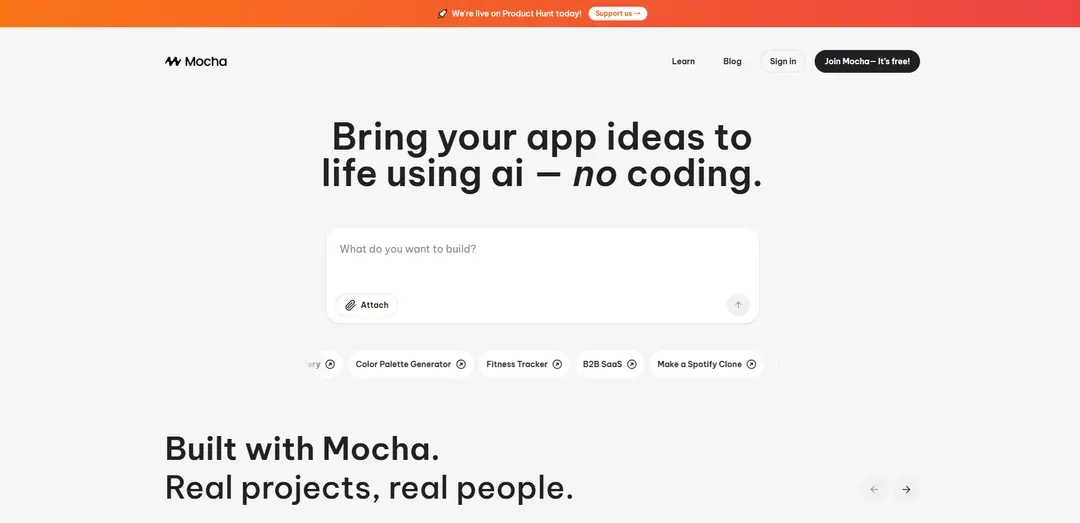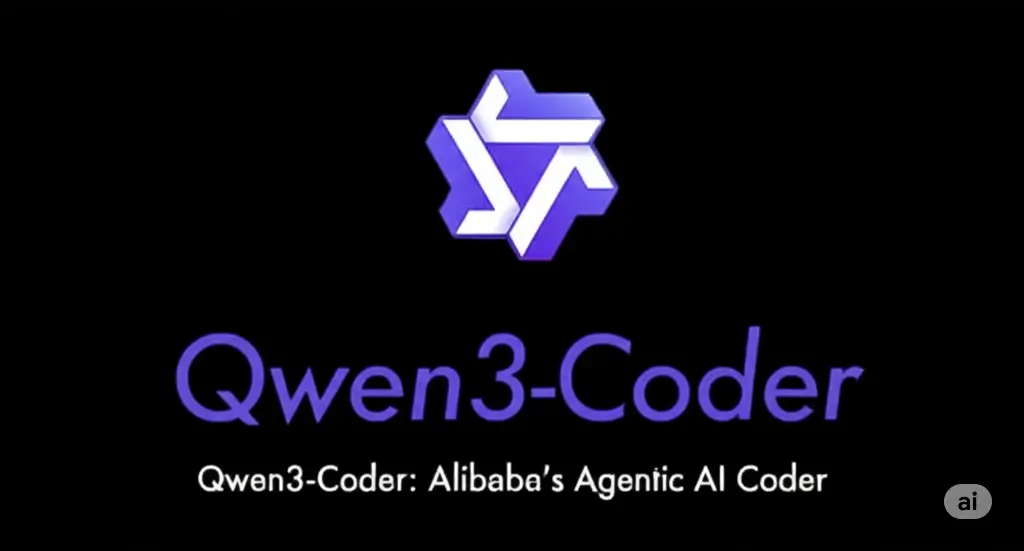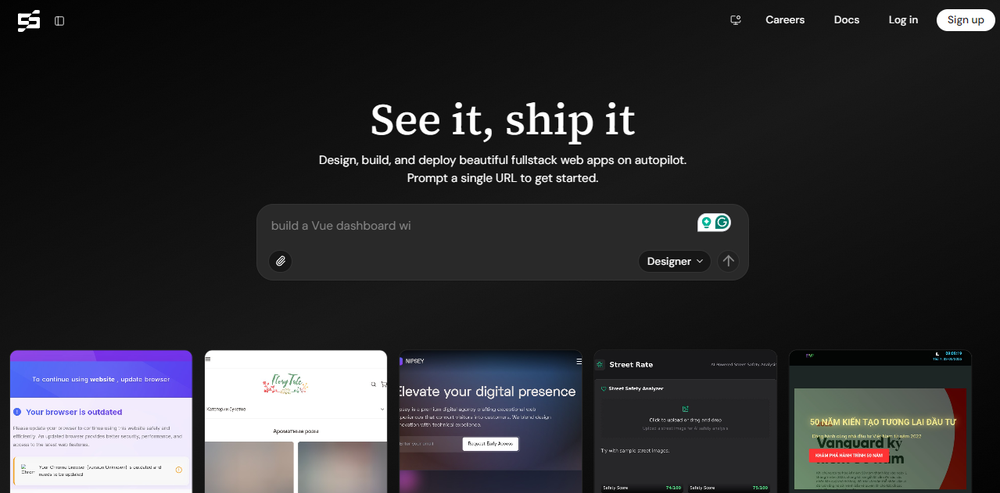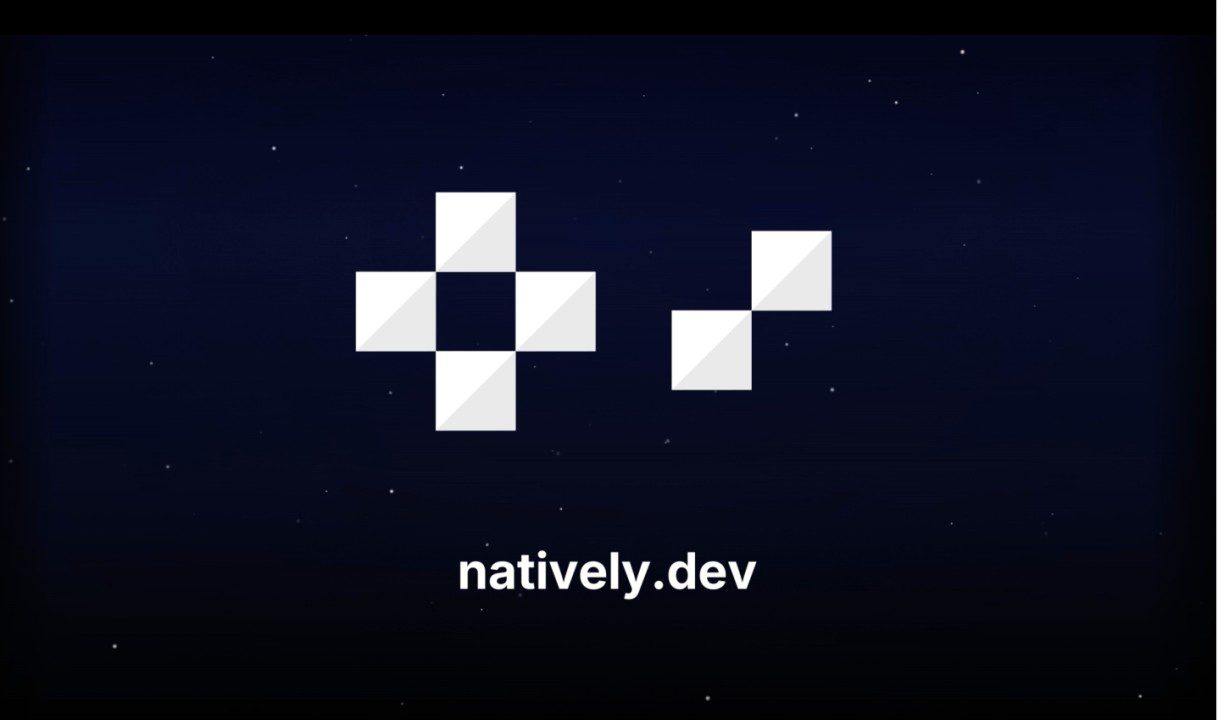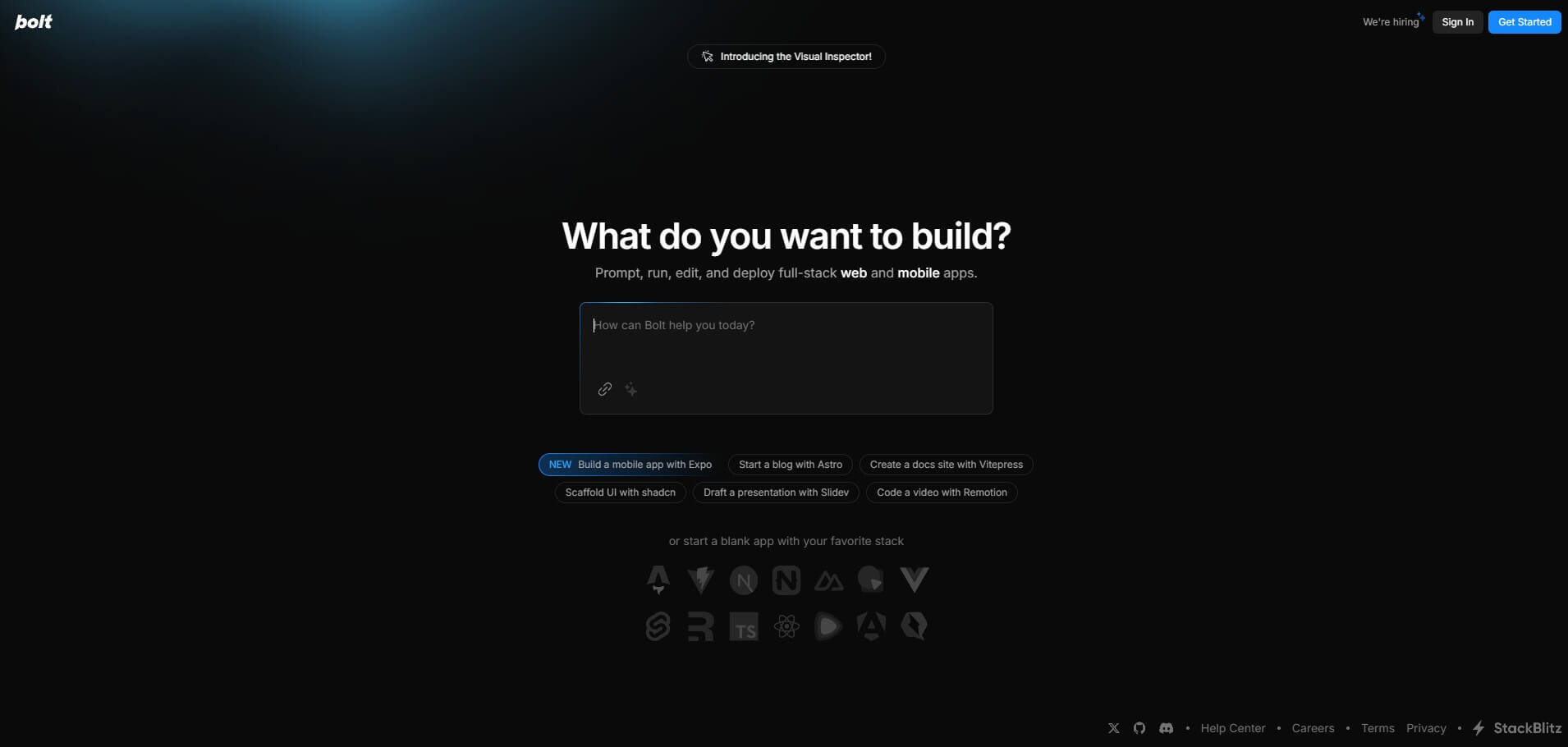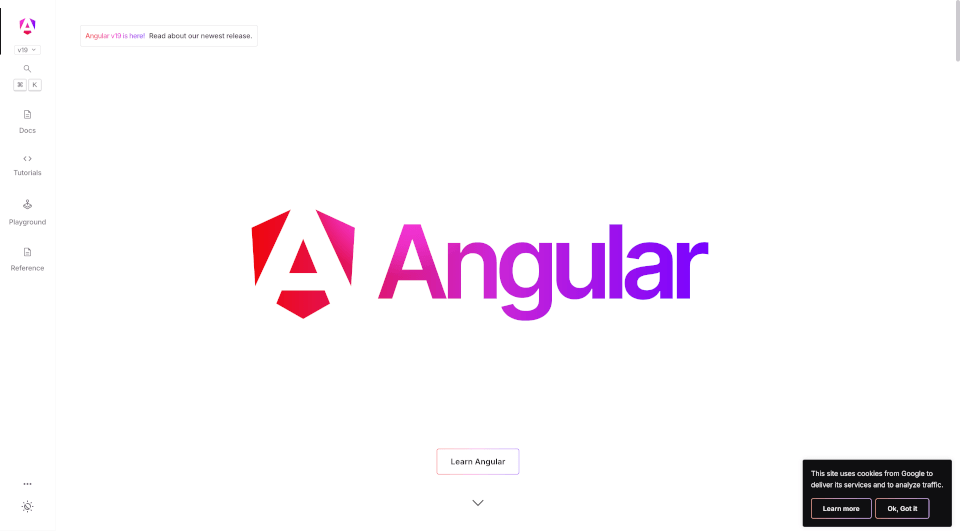Corgea is an AI-driven tool designed to assist security teams in swiftly addressing vulnerable code. Using AI, it generates patches or modifications that engineers can review, facilitating the implementation of timely fixes to system vulnerabilities.
This enables engineers to redirect their focus to revenue-generating tasks, thereby enhancing overall operational efficiency. Corgea seamlessly integrates with existing security practices, connecting with tools like Static Application Security Testing (SAST) and Software Composition Analysis (SCA) from its connector catalog to produce code fixes.
With just a single click, engineers can receive these fixes, reducing vulnerability burn rate without overwhelming the engineering team. The tool prioritizes developer-friendliness, eliminating the need for engineers to log into additional systems or learn new commands.
Corgea handles the distribution of code fixes through popular hosting platforms like Github, Gitlab, or Bitbucket, enhancing the flexibility and responsiveness of the security team. Furthermore, it accommodates any coding language, facilitating security across a wide range of code bases.
In summary, Corgea automates the code security process, empowering teams to build secure products with confidence and peace of mind.
More details about Corgea
Through which platforms does Corgea distribute code fixes?
Corgea distributes code fixes through popular code hosting platforms like Github, Gitlab, and Bitbucket.
How does Corgea simplify the process of issuing fixes for vulnerable code?
Corgea simplifies the process of issuing fixes for vulnerable code by leveraging artificial intelligence to generate and distribute patches. It seamlessly integrates with existing security tools to identify vulnerabilities efficiently.
Can users access a free trial of Corgea?
Yes, Corgea offers a free trial. Users can sign up on their website and explore Corgea’s capabilities at no cost.
How are fixes generated and issued within Corgea?
Fixes in Corgea are generated through its AI algorithms, which collaborate with existing SAST and SCA tools. Once generated, these fixes can be issued to engineers with a simple click.

